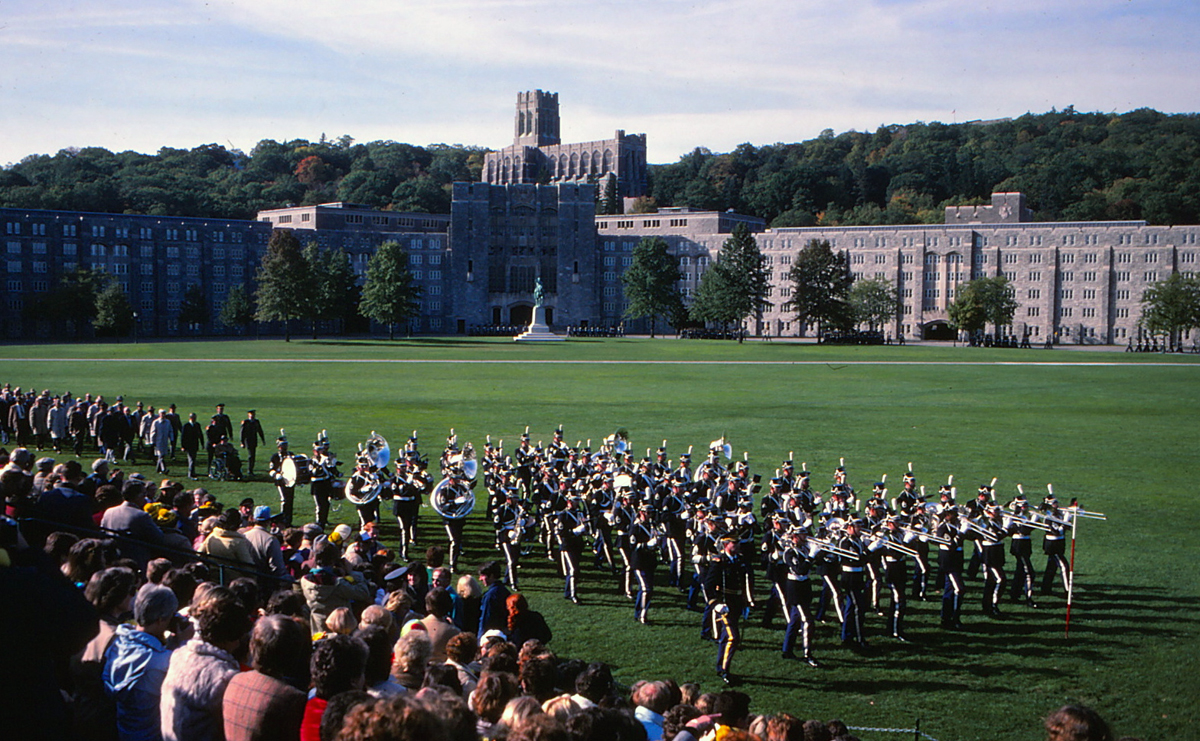New Tufts Study Seeks to Determine What Makes a Good Leader

West Point photo by Barbara Ann Spengler via Flickr/Creative Commons
Ever wonder what makes a good leader? Soon, you may be able to find out.
Tufts University researchers are embarking on a five-year collaboration with the United States Military Academy to study how West Point develops leadership in its cadets. As one of the five federal military academies in the country, West Point is already well known for its excellence in leadership education and character development, but nobody has ever studied how the school fosters those leadership qualities, and why they stick.
“If we can identify the specific programs and policies that are most effective in building character, we not only will be able to enhance West Point’s system but also use it as a model for organizations with similar goals, such as youth organizations, sports leagues, schools, and professional organizations, as well as other higher education institutions,” project leader Kristina Schmid Callina said in a statement.
The longitudinal study, named Project Arete after the Greek word for excellence, will follow cadets from their first year at West Point through graduation and into their military careers. Cadets will be surveyed based on their experiences and interviewed after certain military training exercises. From there, the results, along with administrative data about each cadet’s military, academic, and physical performance, will be examined to help researchers measure performance and success.
Analyzing such results could be influential for character and leadership education, as the project may offer a way for West Point to predict which leadership practices will be most effective for specific individuals. Furthermore, the utility of the study doesn’t stop at military academies: The results could likely also be integrated into classrooms, youth leagues, and business organizations.
As project co-leader Michael Matthews says in the statement, “Combining the Tufts scientific expertise with the West Point team’s understanding of the institution’s mission, we can gain a much better understanding of the dynamics of character assessment and development than either could achieve alone. West Point and the nation will benefit from this collaboration.”


